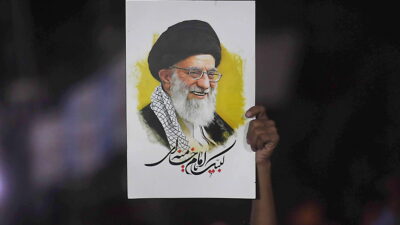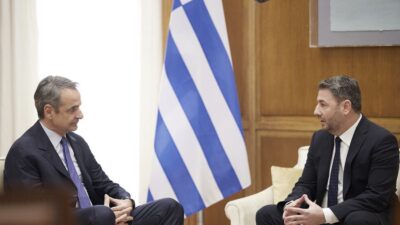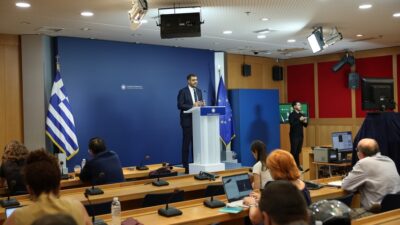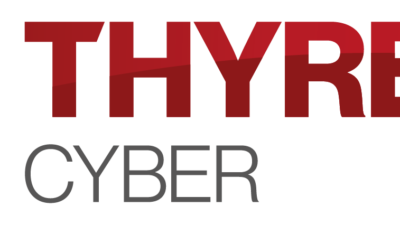Stavros Lygeros: They are preparing Greece for a cold shower at the EU Summit – All the background
02/12/2020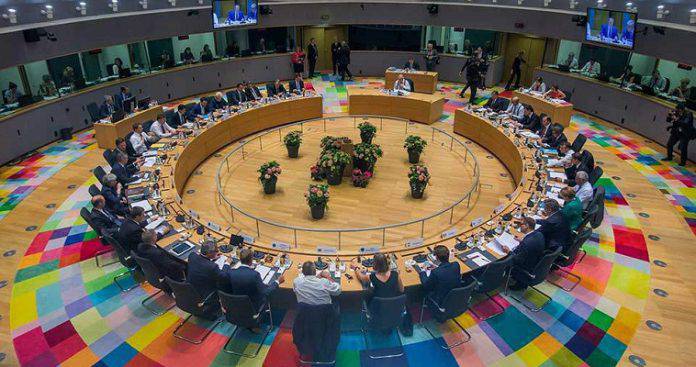
What will happen at the forthcoming EU Summit, which focuses on EU-Turkey relations, will depend to a large extent on the attitude of Greece. This is because the German-led duo Michel-Borrell has already set the framework within which it will try to limit the decision on Turkey.
According to credible information, the office of the President of the European Council is already conducting a “campaign”, passing a line to the Permanent Representatives of the Member States, one after another. What is the line? The demand is for Turkey to stay in the West and not fall into the “arms” of Russia.
And this – according to Berlin and those it controls – can only be achieved through a “positive agenda”! They even claim that this is the line of the Biden government that will take office on 20 January. That is why they do not hide that in the draft Conclusions they are already preparing, the European Council will welcome the return of Oruc Reis to Antalya.
According to the same information, the Greek side, which has been informed of the above intentions, asked the associate of Michel who is making the relevant contacts, a question concerning the “negative agenda”, which is provided for in the decision of the European Council in October. He therefore received the following answer: If it is decided to activate the “negative agenda”, Foreign Minister Borrell will have to make it more specific with the Commission in order to calculate the costs to be incurred by the Member States from implementation of any measure against Turkey. And that will take time!
Only if it drills!
He added, however, that a sanction would be imposed only if Turkey drilled in the potential Greek EEZ. He clarified, in fact, that the sanction will be against 2-3 people involved in the drilling, as had happened with the Turkish drilling in the Cypriot EEZ. In other words, it will be a travesty sanction, which will only provoke ironic smiles in Ankara, as in the case of Cyprus.
According to reliable information, when the Greek diplomat protested, Michel’s associate stunned him, saying: “Why should we react differently in the case of Greece than in the case of Cyprus? For reasons of equality we must apply the same measures!”
In other words, the President of the European Council sends the message (to Greece and to the other Member States) that a precedent has been set, which should not be violated! Let them think about this in Athens, which at that time had essentially left Cyprus alone, simply voicing the well-known formal diplomatic support.
The Eastern Mediterranean Conference
It is worth noting that Berlin is pushing as much as it can, through the Michel-Borrell duo, the idea of the Multilateral Conference on the Eastern Mediterranean. The fact that Mitsotakis had agreed at the October Summit allowed them to cultivate the idea in the governments of the other member states.
In recent days, however, Athens has made it clear that it disagrees with this Conference. Greece cited as an argument that Mitsotakis had then agreed on the condition that Turkey would stop Oruc Reis’ research and aggression. Instead, it did the opposite. It is worth noting at this point that – according to diplomatic sources – the PM’s Office changed line following the insistence of the Foreign Ministry.
The European presidency did not hide its annoyance at the change of attitude of Greece and reached the point – according to valid information – that Michel and Borell told the Greek side that there is no other solution. In fact, they made it clear that if Athens denies the Multilateral Conference, the Greek-Turkish crisis will lead to a heated conflict, something that has become clear – as they said – and something that Mitsotakis will do everything to avoid it.
The Greek diplomatic campaign
Faced with this bleak prospect, the Foreign Ministry has launched a diplomatic campaign. Greek ambassadors to member states have been instructed to inform governments of Greek positions. In fact, in the contacts they have called for the suspension of Turkish funding, the reassessment of the EU-Turkey customs union, the freezing of Turkish business and banking transactions with the EU and the ban on the sale of European weapons systems to Turkey, as well as technology used in the military industry.
Also, the Greek ambassadors have been instructed to clarify that they consider sanctions to be those that concern sectors of the Turkish economy and will “hurt” Turkey and not individuals. Finally, they have a mandate to explain why Athens is now rejecting the Eastern Mediterranean Conference. According to the information so far, the first report from the contacts of the Greek ambassadors in the European capitals is rather disappointing and everything shows that the picture will not change.
France is calling for sanctions, which are, in fact, to be specific and to be applied automatically on a timetable basis. Paris also called for a ban on arms deliveries to Turkey. But Paris also cites Turkish interventions in Syria, Libya, and Nagorno-Karabakh as reasons, not its aggressive actions in Cyprus and Greece. Obviously, Macron has not forgiven Mitsotakis for his retreats.
At the table and the veto at the Summit
As SLpress.gr has revealed, the difficult position in which Greece has found itself has intensified the intragovernmental antagonisms, with the first one between the PM’s office and the Foreign Minister, who has publicly raised the tone, creating a diplomatic fait accompli, which has raised the bar for Mitsotakis.
It is indicative that in Athens even the possibility of vetoing the Conclusions of the forthcoming Summit is being discussed if a fundamentally tolerable formula does not emerge. At least so far, the PM’s Office has not discussed it, but things are difficult, bringing all the scenarios to the table.
According to credible information, Greek diplomats unofficially “felt out” associates of Michel and Borrell about the possibility of a Greek veto, recalling the example of Hungary and Poland. They therefore received the answer that whoever is determined to veto, such as Hungary and Poland, exercises it and then discusses it, implying that they do not consider that Greece has the guts to veto. In other words, it is Greece’s profile in the EU that allows Berlin and the Michel-Borrell duo to behave in this way.

